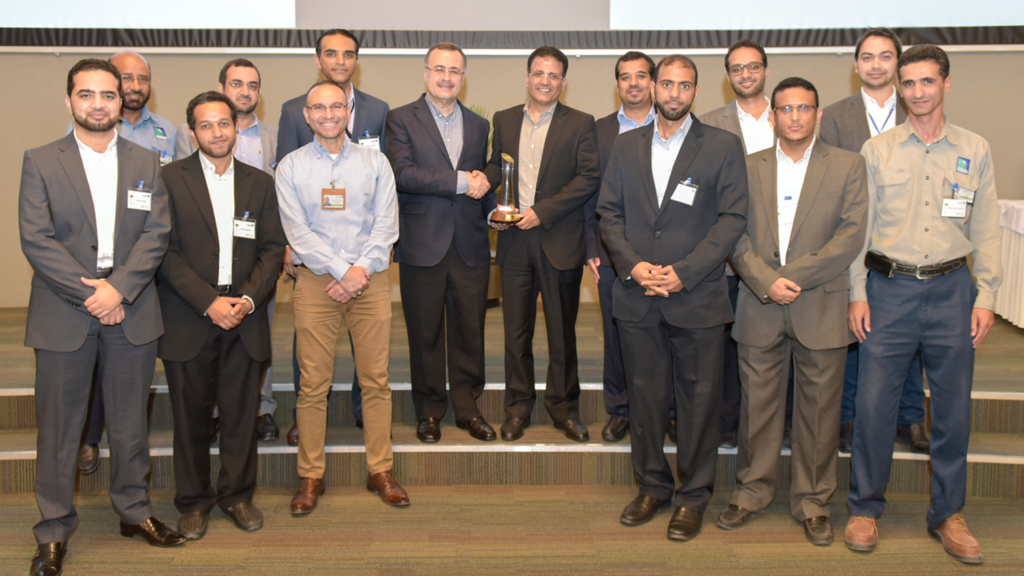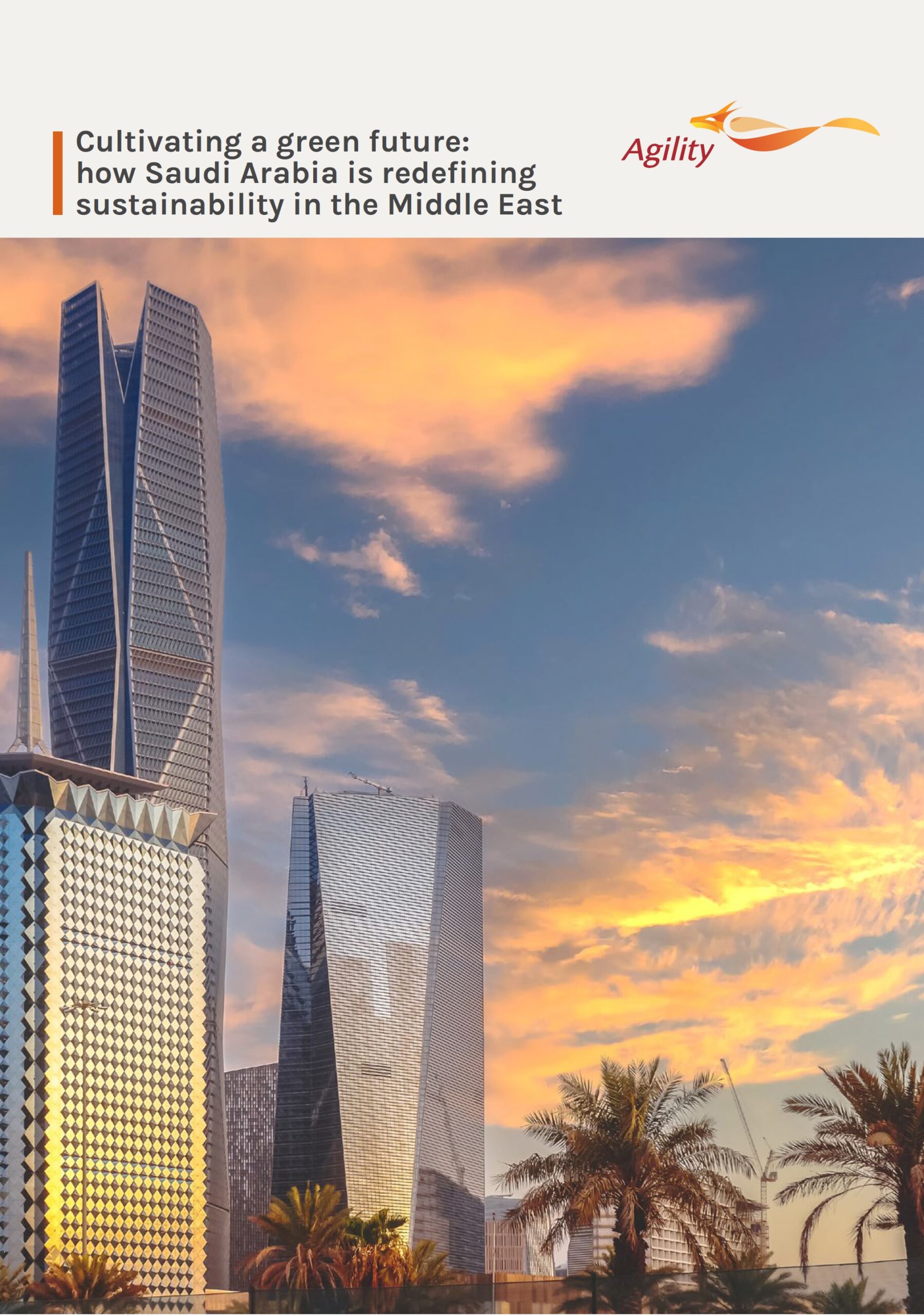Rewarding environmental stewardship

From changing how planes take off to the replanting of Acacia trees in milder areas of the desert, five departments from across Saudi Aramco that went the extra mile to put the environment first in their daily operations were honoured recently at a ceremony in Dhahran.
At the 11th Saudi Aramco President’s Award for Environmental Excellence, the spotlight was again on superior performers who protect the areas in which we live and work while carrying out some of the biggest industrial operations in the global energy industry.
Competition for the award is intensifying as more departments companywide deepen their efforts to boost overall environmental performance. In 2015 alone, Saudi Aramco departments pursued 250 initiatives — a clear sign of how important environmental protection is to the company.
Saudi Aramco president and CEO Amin Nasser praised the departments’ endeavors in protecting the environment, congratulating the awardees on their achievements and thanking them for being role models of environmental stewardship.
The winners
The winning departments for 2015 were:
Operating organizations
- Yanbu’ Refinery Department
- Hawiyah NGL Recovery Plant Department
- Abqaiq Plants Operations Department
Service organization
- Aviation Department
Most improved organization
- East-West Pipelines Department (EWPD).
Technology boosts efforts
Some initiatives included changes to operational procedures to reduce the environmental impact. Pilots in the Aviation Department use a balanced field length approach to determine the required takeoff power settings. This resulted in a reduction in fuel consumption and extended engine life without affecting safety.
Other winners used advanced technology in their environmental preservation efforts. Abqaiq Plants Operations developed an Online Reboiler Advisory Monitoring tool to reduce energy consumption and save fuel gas. The tool determines the optimal amount of steam that should be supplied to NGL stripper columns. The innovation calculates efficient options based on data from the Plant Information System.
Reducing environmental impact
Some winners reduced the environmental impact of the company while expanding their operations. While growing Master Gas System facilities to cope with local demands, EWPD triggered an initiative to replant and preserve 200 old Acacia trees from a proposed project site to another environmentally suitable location, illustrating how hydrocarbon operations can co-exist in harmony with nature.
“These trees were found to be an important habitat for many wildlife species and to be playing a major role in soil stabilization,” said Mohammed A. Zulaly of EWPD. “Recent site surveys indicated that replanted trees flourished in the new location,” he added.
Environmental awareness
Environmental awareness was a key criteria for the winners to ensure compliance across the department. EWPD’s employees underwent several training sessions on chemical hazard awareness to safely handle business activities and be familiar with the most effective ways to protect the environment. “This empowers frontline employees to participate in our department’s environmental protection plans,” Zulaly said.
Our track record
The CEO reflected on the importance of the company’s environmental track record both on the national and global stage, noting that to maintain the company’s standing as a reliable supplier of energy, Saudi Aramco continues to make environmental protection a priority even as it expands operations in a challenging business environment.
Nasser added that although the company has doubled its gas production since 2000, it is a global leader in minimizing flared gas, which was less than 1% of total raw gas production for a fourth consecutive year.
He also pointed to other examples, including conserving water in operations and minimizing wastewater discharges from coastal facilities.
“Your achievements have definitely helped our reputation for leading in environmental protection here in the Kingdom,” he told the winners.
The company is an active participant in the Oil and Gas Climate Initiative (OGCI), an initiative driven by global oil and gas companies to catalyze practical action on climate change in focus areas such as the role of natural gas, carbon-reduction instruments and tools, and long-term energy solutions.






 Email: info@cyber-gear.com
Email: info@cyber-gear.com